Having shared spaces with Ace at University of the Free State and in student media, the book is somewhat of an ‘awe-striking’ experience. I also can attest to the frustrations with the institutional and structural issues that the university and the department of communication impose on unsuspecting young students.
Ace’s story is a classical South African story of abject poverty, fatherless-single and child headed families, lack of emotional and psychological support. The only ticket out of such a life being further education, which at its dawn, it presents different sets of problems that can further break one instead. Besides the tragic experience of his childhood and the disappointment of his father’s life and care, Ace holds firmly at hope, some of his dreams, and studies. Where most could’ve gave up, he preserved.
I can only imagine what he went through having to relive such a fraught and painful past, writing this book. A clear sign of his character. I was a bit taken aback by his lack of respect for women, shown through the violence towards Karabo. Something which is at odds with his love for his mom.
I loved reading the book, and his imparting of his views and critique on whiteness, stereotypes, and superficiality of diversity relations. Ace’s life holds a lot of lessons that anyone can apply to their life, a story to inspire even the most privileged, also a challenge to come together as South Africans to address our socio-economics.
3/5 stars
